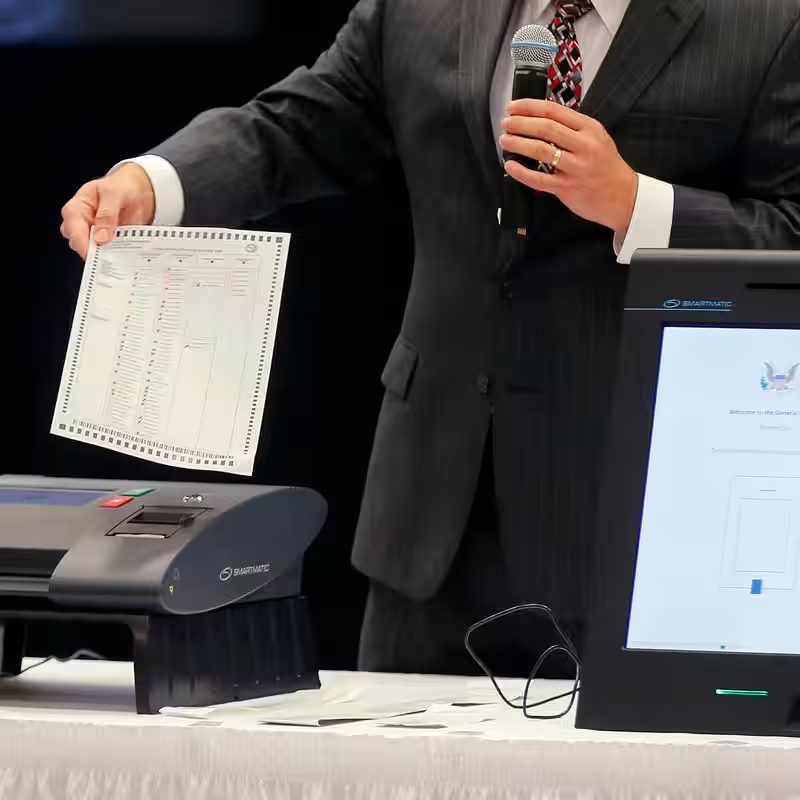Table of Contents
- Smartmatic Indictment Overview
- Key Players in the Scandal
- Timeline of Alleged Bribery
- Legal Implications and Global Impact
- Sources
Smartmatic Indictment Overview
In a major development shaking the world of election technology, Smartmatic—the global voting systems company—has been formally added to a U.S. federal indictment alleging a multi-year bribery scheme in the Philippines. The move, announced Thursday by the U.S. Department of Justice, expands last year’s charges against several company executives to now include the corporation itself.
According to court documents, Smartmatic executives are accused of funneling approximately $1 million in bribes between 2015 and 2018 to Juan Andres Bautista, then-chairman of the Philippine Commission on Elections (COMELEC). The alleged goal? To secure lucrative government contracts for providing electronic voting technology during national elections.
Key Players in the Scandal
The indictment names four individuals alongside the company:
- Roger Piñate – Smartmatic co-founder and president
- Jorge Vasquez – Senior Smartmatic executive
- Elie Moreno – Former Smartmatic executive
- Juan Andres Bautista – Former COMELEC chairman
All four face charges under the Foreign Corrupt Practices Act (FCPA), a U.S. law that prohibits American companies and their representatives from bribing foreign officials to gain business advantages. They also face money-laundering violations tied to the alleged illicit payments.
Timeline of Alleged Bribery
| Year | Event |
|---|---|
| 2015–2018 | Alleged $1M in bribes paid to COMELEC chairman Bautista |
| August 2024 | Federal prosecutors charge Piñate, Vasquez, Moreno, and Bautista |
| October 16, 2025 | Smartmatic added as a corporate defendant in the indictment |
Legal Implications and Global Impact
The inclusion of Smartmatic as a named defendant significantly raises the stakes. While individual executives can face prison time and fines, the corporation itself now risks severe penalties—including debarment from U.S. government contracts, reputational damage, and loss of international credibility.
This case also casts a shadow over the integrity of automated elections in the Philippines, where Smartmatic has played a central role since 2010. Critics have long questioned the transparency of electronic voting systems, and this indictment may fuel further skepticism ahead of future elections.
For global election technology firms, the case serves as a stark reminder of the legal and ethical tightropes involved in international contracts—especially in politically sensitive environments.




